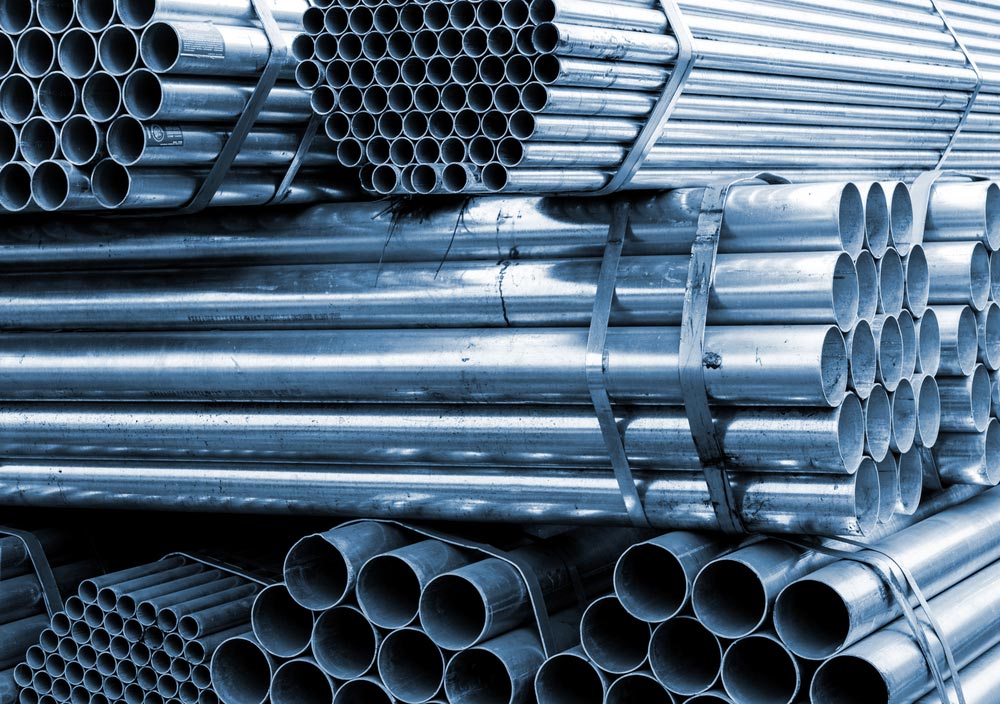
Steel is a vital commodity in various industries, from construction and infrastructure to automotive and appliances. As a stakeholder in the steel industry, understanding global steel prices is crucial for making informed decisions. In this guide, we delve into the importance of understanding steel prices, key factors affecting global steel prices, top steel companies and manufacturers, and how to prepare for future steel fluctuations.
Global steel prices play a significant role in determining the costs of finished products and raw materials. By staying informed about the fluctuations in steel prices, businesses can:
Several factors influence global steel prices, including:
Supply and demand: The balance between supply and demand is a primary determinant of steel prices. An increase in demand, coupled with limited supply, often leads to higher prices, while an excess supply and reduced demand can cause prices to drop.
Raw material costs: Steel production relies on raw materials like iron ore, coal, and scrap metal. Fluctuations in the prices of these materials can directly impact steel prices.
Energy costs: The steel production process is energy intensive. Rising energy costs, such as electricity and natural gas, can increase the cost of steel production and subsequently affect steel prices.
Geopolitical factors: Trade policies, tariffs and international relations can have a significant impact on steel prices. For example, tariffs imposed on steel imports can drive up domestic prices, while diplomatic tensions can disrupt trade and affect global steel markets.
Currency exchange rates: Changes in currency exchange rates can impact steel prices. A stronger currency may make imported steel more expensive, while a weaker currency can make exports more competitive.
Some of the leading steel companies and manufacturers in the global steel market include:
These companies play a crucial role in shaping the global steel landscape and can influence steel prices through their production output and market strategies.
Given the dynamic nature of global steel prices, businesses should develop strategies to cope with fluctuations. Some approaches to consider include:
By staying proactive and informed, businesses can better navigate the complexities of global steel prices and maintain a competitive edge.
At Top End Steel Supplies, we understand the importance of staying informed about global steel prices. As a trusted manufacturer and supplier of steel products, we offer competitive pricing and a diverse range of steel solutions to meet your needs. Contact us today to discuss how we can help you navigate the ever-changing landscape of global steel prices and ensure the success of your projects.